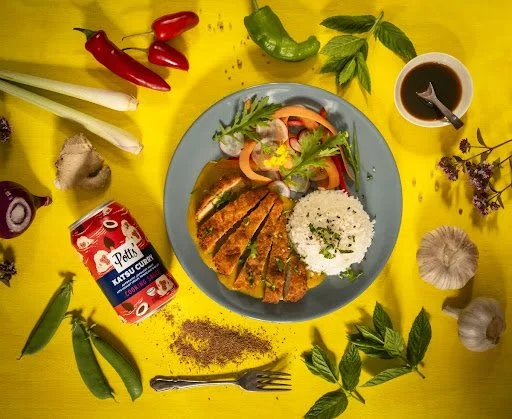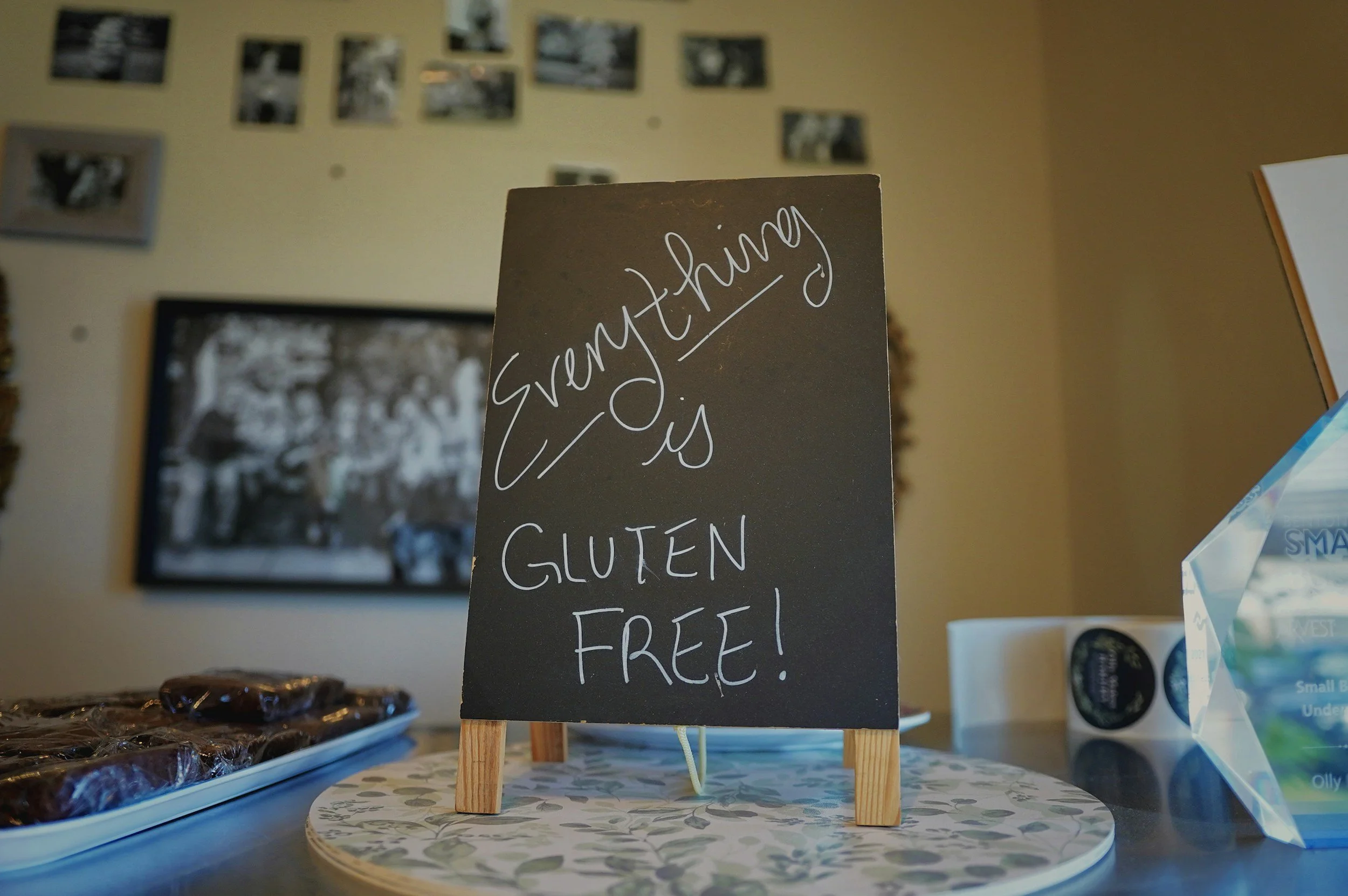The Myth of the Girlboss: How Hustle Culture Co-Opted Feminism
Once upon a time, she had a blazer, a latte, and a dream. She built her empire from scratch, started her mornings at 5 am, and always made time for an avocado toast selfie. She was a girlboss - and for a brief, Instagram-filtered moment, she was the face of feminism.
But behind the power poses and productivity planners lies a truth we’re finally beginning to unravel: the myth of the girlboss is just that - a myth. One that took feminism, added a dash of capitalism and sold it back to us wrapped in pastel pink packaging.
When Empowerment Becomes Exhaustion
Hustle culture preaches that success is earned through relentless work, personal sacrifice, and productivity at all costs. It glorifies the grind, celebrates burnout, and insists that if you’re not achieving, you’re not trying hard enough.
Feminism, on the other hand, was never meant to be about leaning in until you collapse. It was - and is - about equity, liberation, and dismantling systems that profit from women’s unpaid (and underpaid) labour. The girlboss narrative promised empowerment but quietly demanded perfection: be assertive but not intimidating, ambitious but humble, beautiful but effortless, and successful but selfless.
Instead of tearing down patriarchal expectations, hustle culture gave them a cute new outfit and called it progress.
Capitalism in a Blazer
Let’s be real - the rise of the girlboss wasn’t about collective liberation. It was about individual success within the very structures that feminism aims to challenge.
This version of “feminism” tells us that if a woman becomes a CEO, the system is working. Never mind if she replicates the same exploitative practices as her male counterparts. Never mind the women she steps over on the way up. Girlboss culture sold us the idea that climbing the corporate ladder - even if it’s leaning against a broken system - was a feminist victory.
But true feminism doesn’t trickle down. It uplifts from the bottom up.
Who Gets to Be a Girlboss?
The girlboss archetype was always suspiciously narrow: white, thin, cisgender, able-bodied, and conventionally attractive. Women outside that mould were rarely invited into the narrative, and certainly not centred.
Hustle culture demanded that we all play the same game, but it refused to admit that some of us were never given the same equipment. And when marginalised women couldn’t keep up? They were told to “manifest harder” or “just wake up earlier.”
The girlboss didn’t just gatekeep opportunity - she became the gate.
Rest Is Resistance
We’re slowly waking up from the girlboss dream. Women are openly discussing burnout, setting boundaries, quitting toxic workplaces, and redefining success on their own terms.
We’re reclaiming rest. We’re celebrating slowness. We’re remembering that our worth is not measured in productivity, promotions, or Pinterest-perfect side hustles.
It’s not lazy to want a life that isn’t centred around work. It’s revolutionary.
So… What Now?
Dismantling hustle culture means asking deeper questions about how we define success, who benefits from our labour, and what we’re willing to sacrifice in the name of “having it all.”
Feminism isn’t about being the boss - it’s about making sure we don’t need one. It’s about collaboration, not competition. Care over capitalism. Community over clout.
Because the future isn’t girlbossed, it’s shared. And it’s so much more powerful than a productivity planner could ever be.
_
Hana Ames is a professional content writer with hundreds of pieces of content under her belt. She is a cat and dog mama, a feminist, and a musical theatre fan, who enjoys cooking, playing board games and drinking cocktails. She has been writing professionally since 2018 and has a degree in English. Her website is www.hrawriting.com and she is always interested in discussing exciting new projects to see how she can help your business grow. Catch her on Twitter @hrawriting, Instagram @hrawriting and Facebook: www.facebook.com/hrawriting




